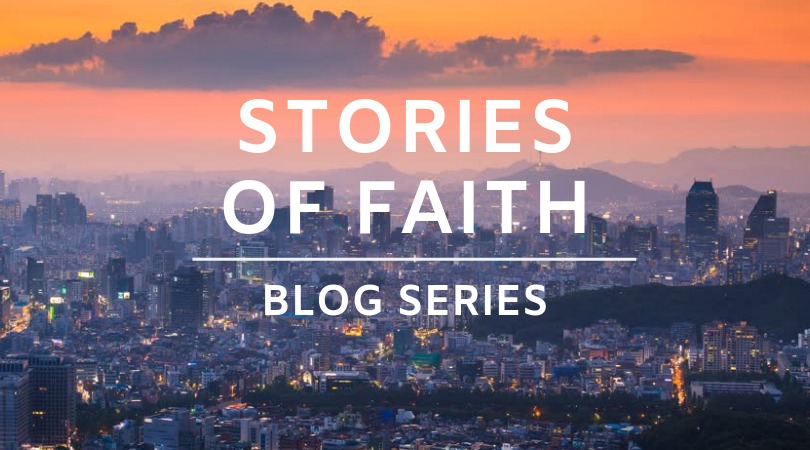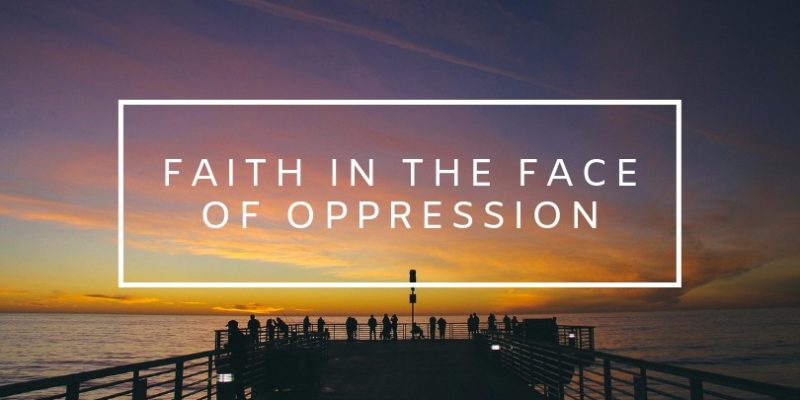By: Joshua Chung & Paul Jang Learn about the past, present and future of the KSM congregation at St. Tim’s. Read to the end to see Josh and Paul’s personal reflections. This is the eighteenth post in the “Stories of Faith” series. Click here to see the others. Stories of Faith was the theme of our […]
17. Mission Statement
By: Joel Chung What is our mission statement? Why does it mean? Read this post to find out. Please read to the end to see Joel’s reflection. This is the seventeenth post in the “Stories of Faith” series. Click here to see the others. Stories of Faith was the theme of our 2019 ESM Summer Retreat. […]
16. St. Tim’s Origin Story
By: Sarah Choe & Doyeon Oh This post goes over the creation of our very own St. Tim’s and includes interviews from members of our congregation. Read to the end to see Sarah and Doyeon’s personal reflections. This is the sixteenth post in the “Stories of Faith” series. Click here to see the others. Stories of […]
4. Faith in the Face of Oppression
By: Joel Chung & Torrance Yoon This blog post explains the role of Christianity and the history of Korean Christians during the Japanese occupation of Korea. Please read to the end to see Joel and Torrance’s personal reflections on the content of the post. This is the fourth post in the “Stories of Faith” series. Stories […]
5. From Korea to Canada: A Journey of Faith
By: Lauren Lee & Sarah Choe This blog post explains the factors that pushed Koreans to emigrate out of Korea and the factors that pulled those immigrants to Canada. Please read to the end to see Lauren and Sarah’s personal reflections on the content of the post. This is the fifth post in the “Stories of […]
6. Paving the Way
By: April Chia This blog post illustrates the experiences of the first immigrants from Korea to Canada. Please read to the end to see April’s personal reflection on the content of the post. This is the sixth post in the “Stories of Faith” series. Stories of Faith is the theme of our 2019 ESM Summer Retreat, […]




